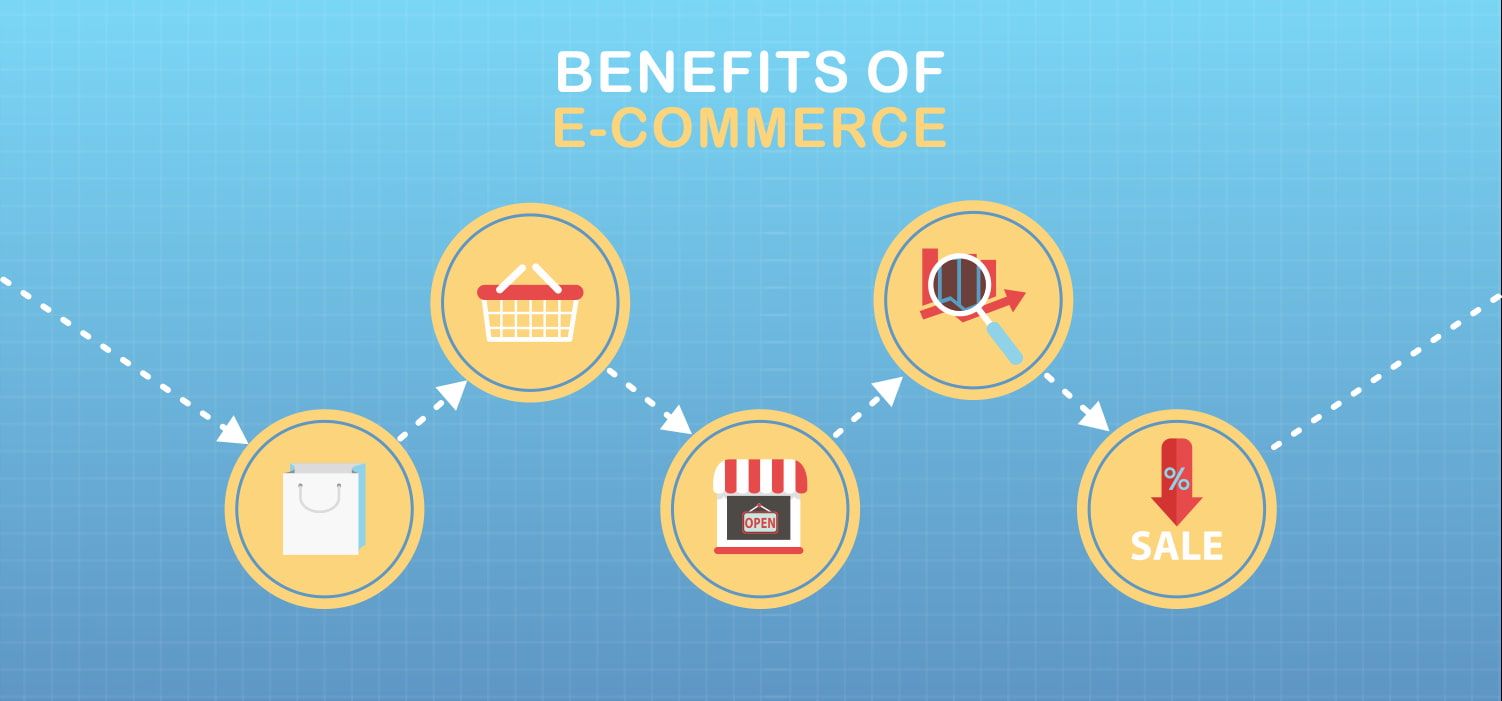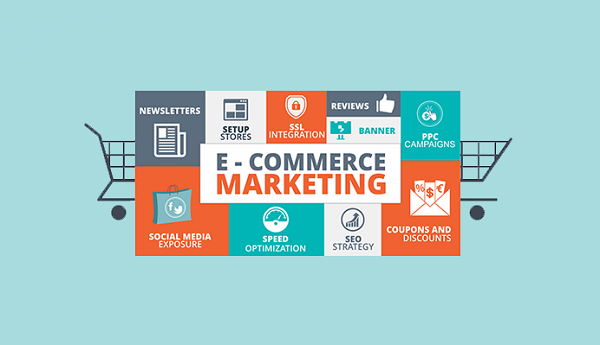This article explores the world of E-commerce marketing, highlighting its key concepts, strategies, and benefits. It delves into the nuances of E-commerce marketing, providing valuable insights into how businesses can optimize their online presence to achieve maximum sales and growth.
The emergence of E-commerce has revolutionized the way we shop and conduct business. With the growth of technology, E-commerce has expanded exponentially, providing a convenient and accessible platform for businesses to showcase and sell their products and services online.
However, with the rise of competition, it is imperative for businesses to have a solid E-commerce marketing strategy in place to stand out and succeed in the digital space.
In this article, we will delve into the world of E-commerce marketing, exploring its fundamental concepts, strategies, and benefits. We will provide practical insights into how businesses can optimize their online presence to drive sales and growth.
Whether you are a start-up or an established business, this article is a must-read for anyone looking to succeed in the world of E-commerce.
Key Concepts of E-commerce Marketing:
- Understanding Your Target Audience: A key concept in E-commerce marketing is understanding your target audience. Businesses must identify their ideal customers, including their demographics, interests, and behaviors. This knowledge helps businesses tailor their marketing efforts to appeal to their target audience, resulting in more effective and efficient campaigns.
- Developing a Strong Brand Identity: A strong brand identity is essential for E-commerce businesses. It includes elements such as logos, colors, and messaging, which help establish a memorable and recognizable brand. A strong brand identity sets a business apart from its competitors, helps build trust with customers, and increases customer loyalty.
- Building a User-Friendly Website: A user-friendly website is critical for E-commerce success. It should be easy to navigate, have fast load times, and provide a seamless user experience. A well-designed website builds trust with customers, increases conversion rates, and reduces cart abandonment.
- Search Engine Optimization (SEO): SEO is the process of optimizing a website to rank higher in search engine results pages (SERPs). E-commerce businesses must invest in SEO to improve their visibility and attract more potential customers. This involves optimizing website content, using keywords, and building high-quality backlinks.
- Paid Advertising: Paid advertising is an essential component of E-commerce marketing. It includes strategies such as pay-per-click (PPC) advertising, display ads, and social media advertising. Paid advertising helps businesses reach a broader audience, increase brand awareness, and drive sales.
E-commerce Marketing Strategies:
- Content Marketing: Content marketing involves creating and sharing valuable content to attract and retain customers. This includes blog posts, infographics, and videos that educate and inform customers about products and services. Content marketing helps establish a business as an authority in its industry, builds trust with customers, and increases brand awareness.
- Email Marketing: Email marketing involves sending promotional messages to customers via email. This includes newsletters, promotional offers, and personalized recommendations. Email marketing is an effective way to build customer loyalty, increase sales, and drive website traffic.
- Social Media Marketing: Social media marketing involves using social media platforms to promote products and services. This includes creating social media posts, running social media ads, and engaging with customers. Social media marketing helps businesses build a following, increase brand awareness, and drive sales.
- Influencer Marketing: Influencer marketing involves partnering with influential individuals to promote products and services. This includes social media influencers, bloggers, and celebrities. Influencer marketing is an effective way to reach a broad audience, build brand awareness, and increase sales.
Benefits of E-commerce Marketing:

source: Google Images
- Increased Sales: E-commerce marketing helps businesses reach a broader audience, increase brand awareness, and drive sales. This results in increased revenue and growth for businesses.
- Improved Customer Relationships: E-commerce marketing helps businesses build relationships with their customers through personalized and targeted marketing campaigns. This results in increased customer loyalty, repeat business, and positive word-of-mouth referrals.
- Greater ROI: E-commerce marketing provides businesses with a greater return on investment (ROI) compared to traditional marketing methods. This is due to the ability to track and analyze data, optimize campaigns in real time, and target specific audiences.
- Increased Website Traffic: Effective E-commerce marketing strategies result in increased website traffic. This includes both organic traffic from search engines and paid traffic from advertising campaigns. Increased website traffic results in increased sales and revenue for businesses.
- Competitive Advantage: A solid E-commerce marketing strategy provides businesses with a competitive advantage. It allows businesses to differentiate themselves from their competitors, establish themselves as leaders in their industry, and build a loyal customer base.
Conclusion:
In conclusion, E-commerce marketing is a vital component of any successful online business. It involves understanding your target audience, developing a strong brand identity, building a user-friendly website, investing in SEO and paid to advertise, and implementing effective marketing strategies such as content marketing, email marketing, social media marketing, and influencer marketing.
The benefits of E-commerce marketing include increased sales, improved customer relationships, greater ROI, increased website traffic, and competitive advantage. By implementing these strategies, businesses can optimize their online presence, drive sales, and achieve long-term growth and success in the world of E-commerce.

